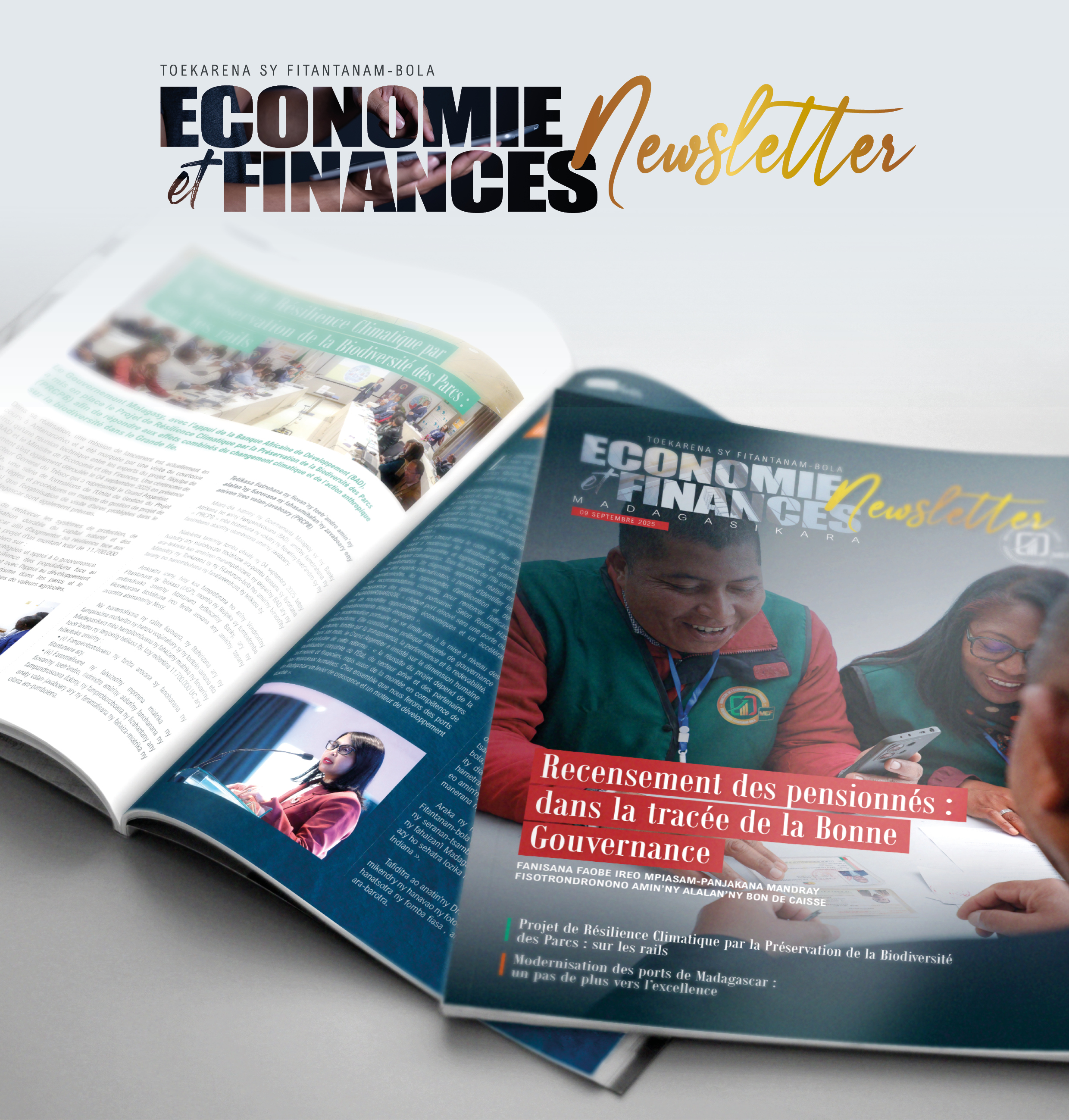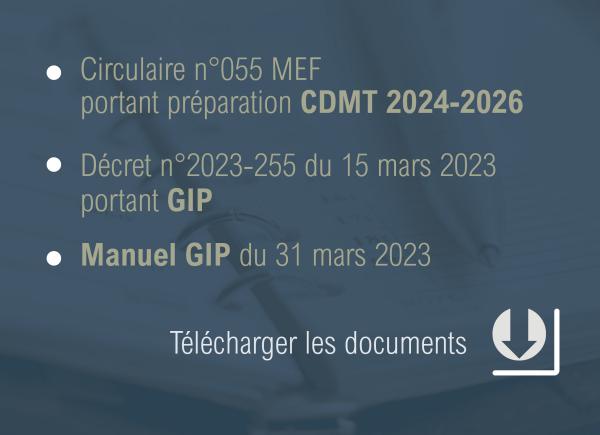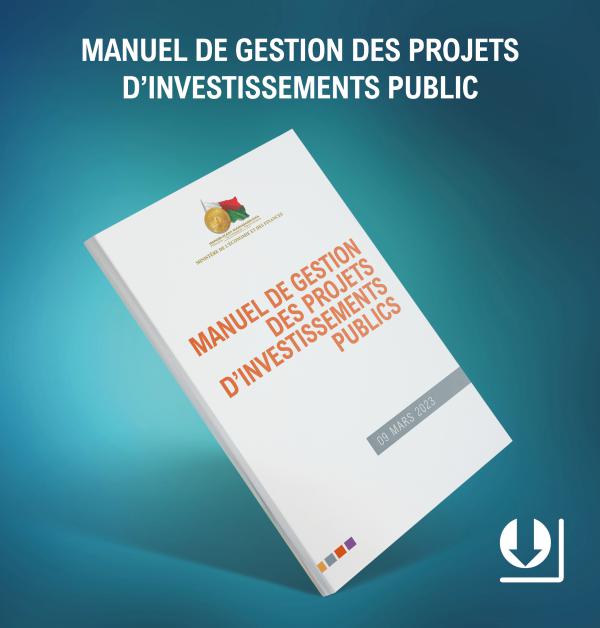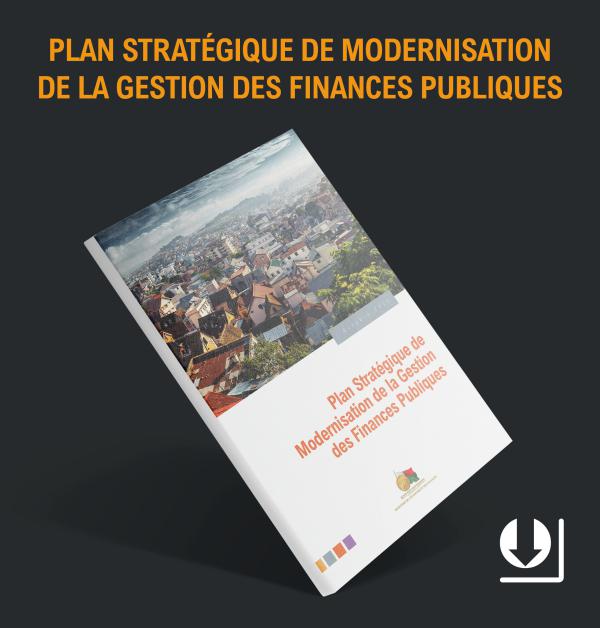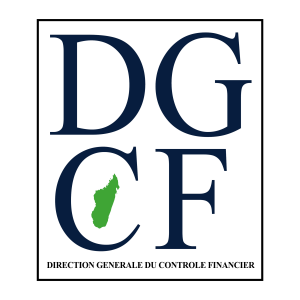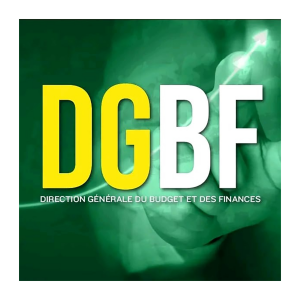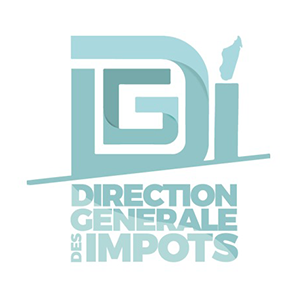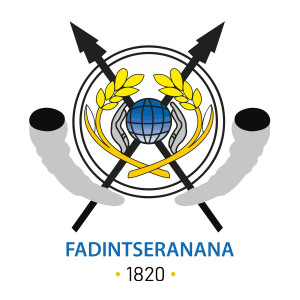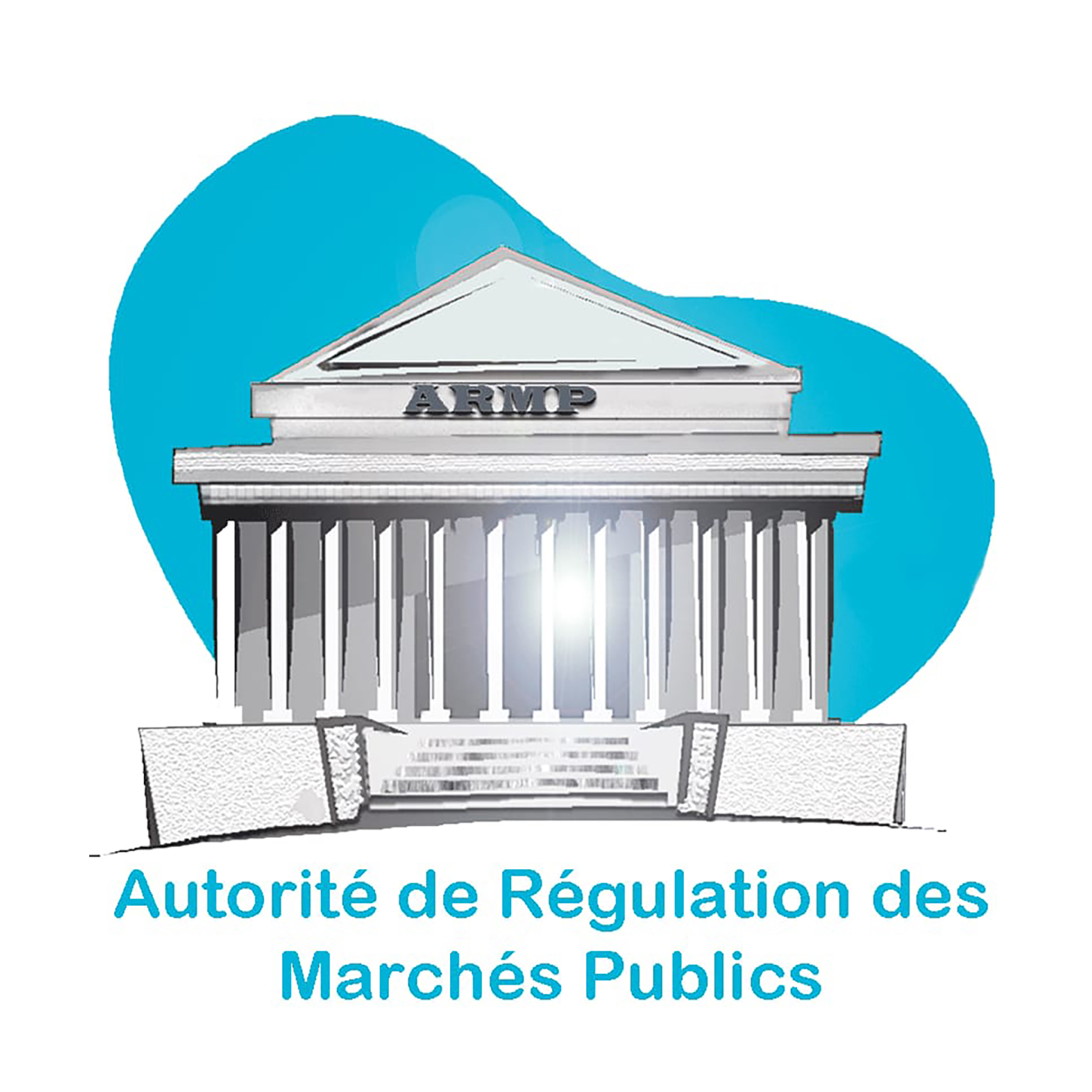Madagascar Launches Country Platform for Climate Finance Through International Partnership
Antaninarenina, le 03 Octobre 2024
Baku, Azerbaijan, November 14, 2024 - The Government of Madagascar in collaboration with International Financial Institutions (IFIs) and development partners announced today at COP29 in Baku an integrated set of innovative initiatives to catalyze climate finance in Madagascar. These initiatives, such as a climate finance mobilization strategy, a lemur bond, and a results-based grant financing facility for distributed renewable energy will play an instrumental role in mobilizing private and public sector financing for addressing climate-related challenges as well as opportunities for investment.
Madagascar is one of the world’s most vulnerable countries to climate change and is prone to frequent climate-related disasters due to its geographical location and topography. At the same time, it is endowed with abundant natural capital and is recognized as a one of the top five biodiversity hotspots worldwide. To achieve its climate goals and close its Nationally Determined Contributions (NDC) funding gap, Madagascar estimates it will require US$24.4 billion by 2030.
Madagascar is the first pilot country for the IMF-World Bank Enhanced Cooperation Framework for scaled-up climate action. In June 2024, the IMF Executive Board approved a Resilience and Sustainability Facility (RSF) arrangement of US$321 million with reforms to strengthen adaptation to climate change and resilience against natural disasters, support climate change mitigation efforts, enhance the protection of ecosystems, and create conditions for green private sector investment. The RSF is aligned with policy recommendations outlined in the World Bank Group’s Country Climate and Development Report (CCDR). Against this backdrop, a climate finance roundtable was co-convened by the IMF, the World Bank and the authorities in Antananarivo in October 2024 that brought together IFIs, development partners and the private sector. In the discussion, the following workstreams were identified as areas for collaboration:
Policy Reform
- Climate Finance Mobilization Strategy. Co-led by the Ministry of Environment and Sustainable Development (MEDD) and the Ministry of Economy and Finance (MEF) with the support from the World Bank Group, Global Center for Adaptation (GCA) and UNICEF, a comprehensive climate finance strategy is under development and is expected to be adopted by October 2025.
Financing
- The Global Environment Facility (GEF) will be programming nearly an additional US $50 million from the GEF family of funds, including the GEF Trust Fund and the Least Developed Countries Fund (LDCF) for a set of projects targeting climate, biodiversity, and environment objectives over the next 18 months, including innovative market-based issuances, subject to approvals by the GEF Council.
- The World Bank Group (WBG) will explore options for scaling up a results-based grant financing facility for distributed renewable energy to increase access to electricity through private sector finance for mini (and micro) grids, solar home systems and reduced deforestation through clean cooking.
- The WBG and the Global Environment Facility (GEF) are considering a lemur bond to raise funds for nature conservation and climate resilience. This follows the launch of Madagascar’s first sustainability bond to local investors for US$38 million to fund ecological and socially responsible projects by Société Générale with International Finance Corporation (IFC), Nederlandse Financierings-Maatschappij voor Ontwikkelingslanden N.V. (FMO) and Proparco Group – Agence Française de Développement (AFD).
Project Preparation Facility (PPF) for Adaptation
- The Global Center on Adaptation (GCA) is expanding its support to accelerate climate adaptation action in Madagascar through the Africa Adaptation Acceleration Program’s (AAAP) Upstream Financing Facility. This is aimed at increasing climate resilience of at least US$100 million in development investments from international finance institutions across critical sectors and support efforts to mobilize investment from the private sector.
Technical Assistance
- The African Development Bank (AfDB) is supporting Madagascar through its Policy Based Operation and the Climate Action Window (CAW).
- The International Finance Corporation (IFC) will provide technical assistance to develop sustainable finance taxonomies to define and develop eligible investments in climate mitigation and adaptation, biodiversity, circular economy, and blue finance, with related consideration for social inclusion and SME finance.
"We need significant funding within the framework of the Nationally Determined Contribution - NDC 2, which aims to reduce greenhouse gas emissions by 28% by 2030, and to strengthen the country's resilience to climate change. I welcome the efforts of to crystallize this amount should be carried out through a joint public-private momentum and, with the support of our development partners."
Minister Rindra Hasimbelo Rabarinirinarison, Ministry of Economy and Finance
"The Climate Finance Mobilization Platform marks a pivotal moment for Madagascar’s vision to drive forward transformative reforms that attract climate finance and bridge our critical resource gap. We are deeply grateful to the IMF, World Bank, AfDB, and GEF, and other partners for their trust and partnership. Together, we are setting Madagascar on an ambitious path toward resilience and sustainability, harnessing the power of innovation and collaboration to secure a brighter future for our nation and our ecosystems."
Minister Max Andonirina Fontaine, Ministry of Environment and Sustainable Development

|

